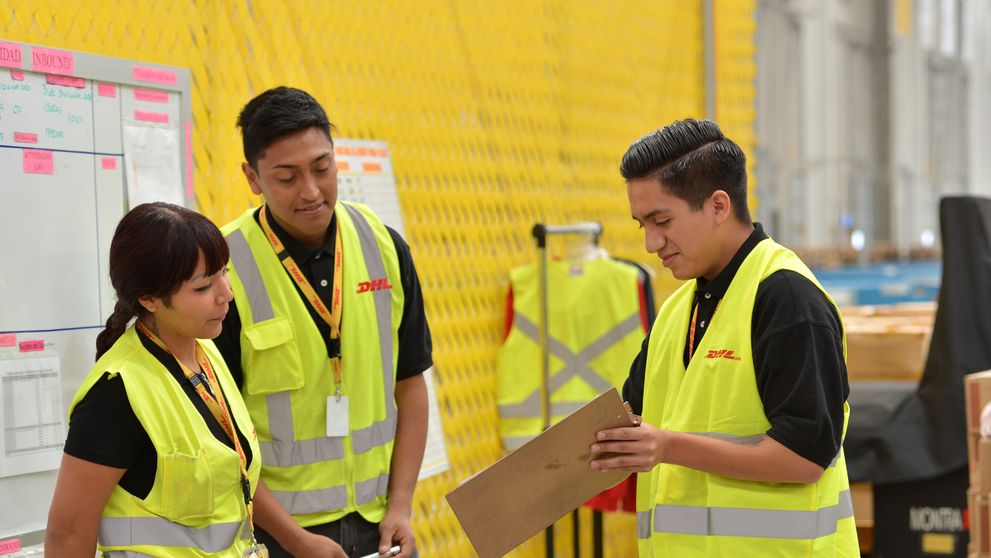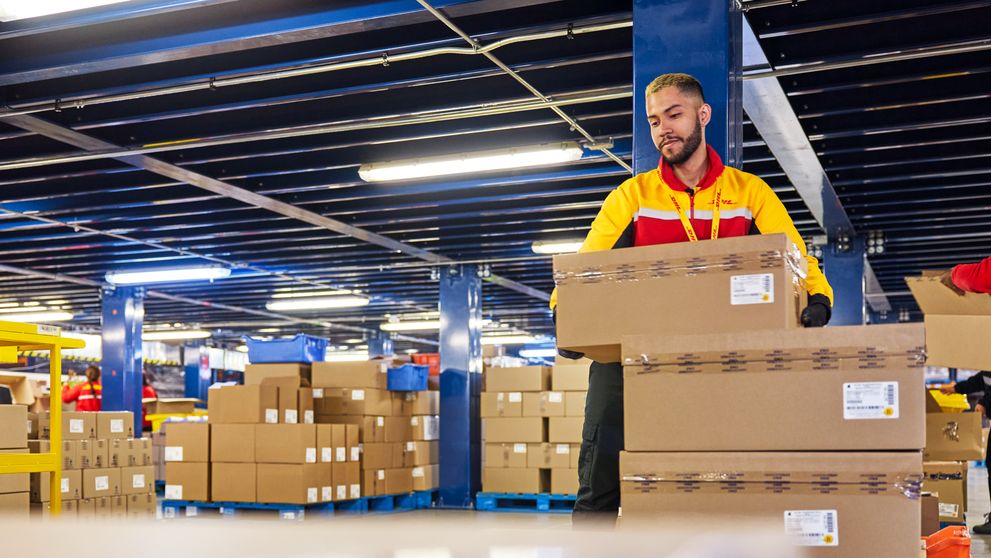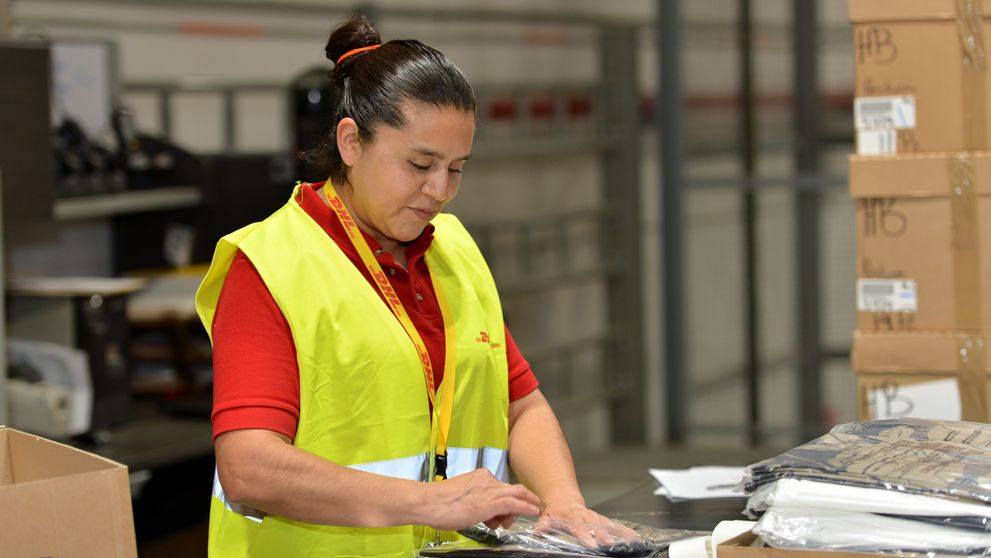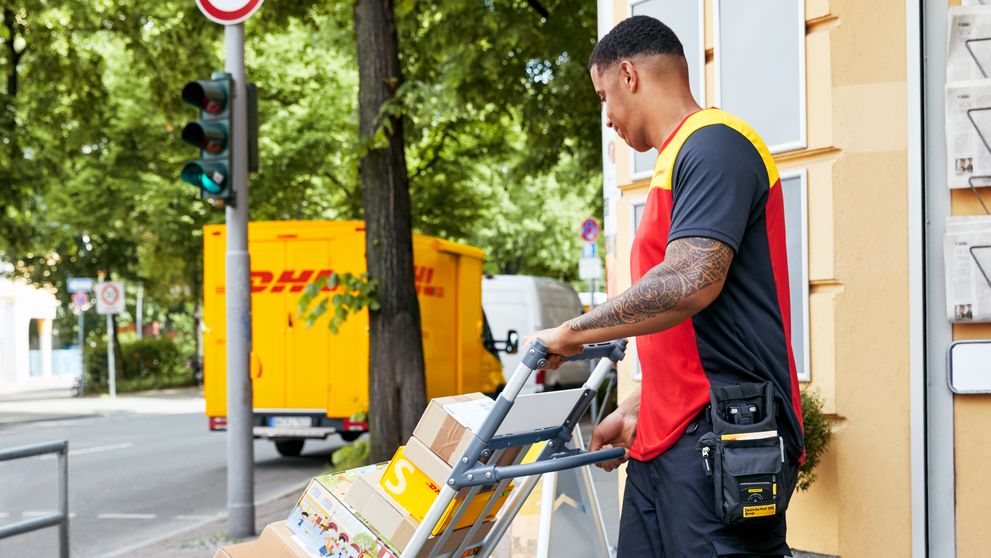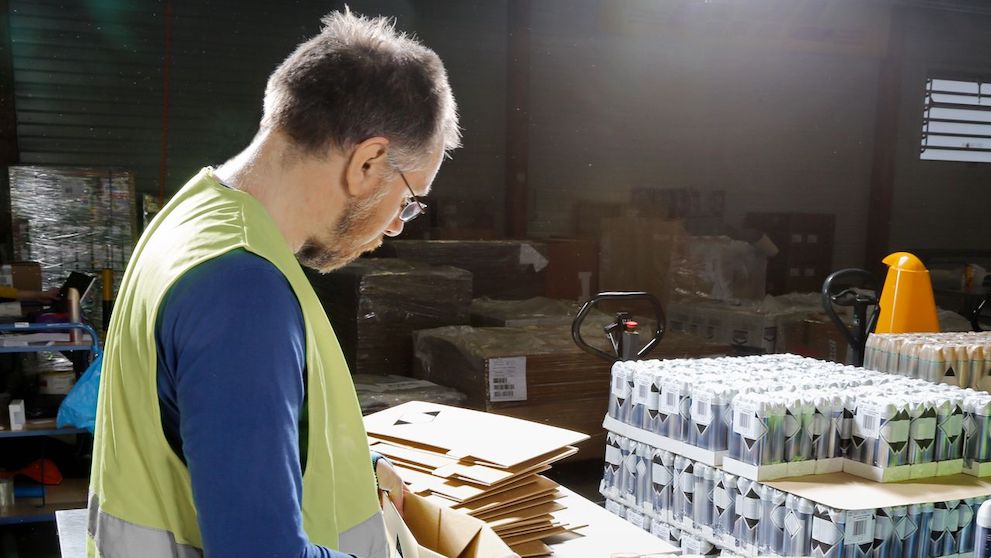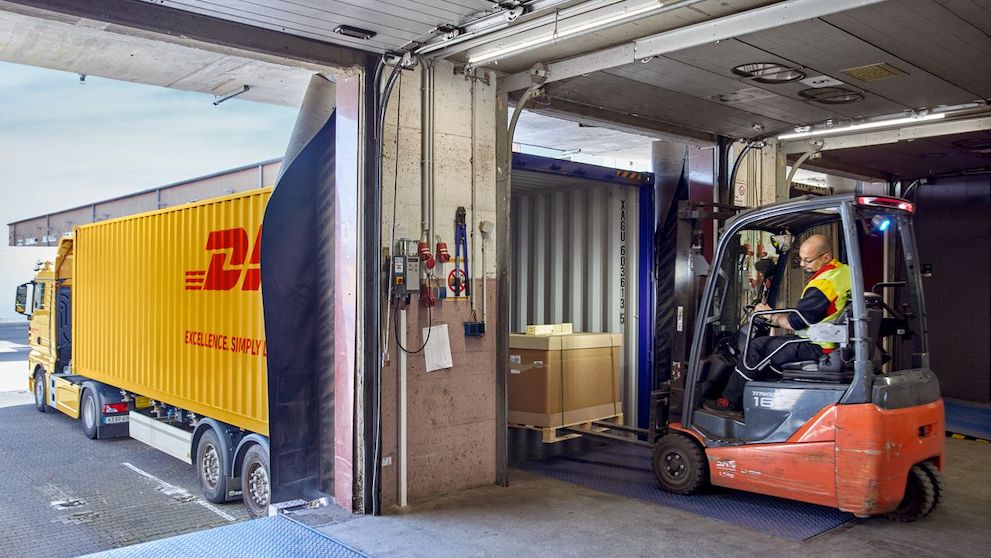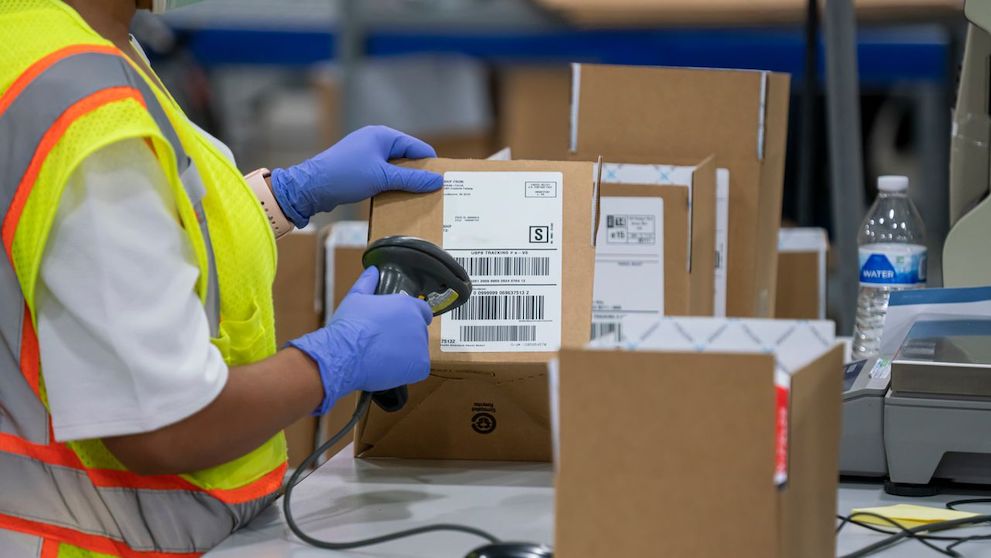THAILAND REGULATORY CHANGES ON VAT COLLECTION FOR IMPORTED GOODS VALUED 1-1,500 BAHT
Last update: January 13, 2025
Following the annoucement made on June 19, 2024, the Ministry of Finance has issued an exemption of customs duties for items with a value lower than 1,500 baht to align with the government's policy to solve the unfair competition of imported goods.
In order to comply with international agreements, which determines the minimum prices for each imported item to ensure the adequacy of customs duties, the Director-General of the Customs Department, with the approval of the Minister of Finance, therefore, has implemented a temporary measure through the Customs Department to collect Value Added Tax (VAT) for imported goods with a value not exceeding 1,500 baht, effective from July 5 to December 31, 2024.
According to the announcement No. 232/2567 from Ministry of Finance (issued#2) made on December 25, 2024, the Director-General of the Customs Department, with the approval of the Minister of Finance, has announced to continue the temporary measure of Value Added Tax (VAT) collection for imported goods with a value not exceeding 1,500 baht, with effect until December 31, 2025.
Important information
- The Customs Department does not issue separate VAT receipts through logistics service providers by AWB (Air Waybill) but can only issue consolidated Customs receipts. Importers will only receive DHL Duty invoice/ Tax invoice.
See below the rest FAQs.
GENERAL QUESTIONS
According to the first announcement made on June 19, 2024, imported goods with a value ranging from 1-1,500 Baht (CIF - Cost, Insurance, and Freight) will be subject to Value Added Tax (VAT), which was not previously imposed, effective July 5 until December 31, 2024.
The new announcement made on December 25, 2024 said that the VAT collection will continue, with effect from January 1, 2025 untill December 31, 2025.
The announcement was issued by the Ministry of Finance and the Customs Department.
Please refer to the announcement from the Ministry of Finance regarding the exemption of customs duties for goods valued below 1,500 Baht on the Royal Gazette website, available here.
You can also refer to the Customs Department website, which includes both announcements from the Ministry of Finance and the Customs Department, available here.
The government has implemented these changes as part of its policy to address the fairness issue regarding the imposition of Value Added Tax (VAT) on foreign sellers who currently do not have to pay VAT. Meanwhile, sellers in Thailand have to pay VAT, alleviating the impact on domestic businesses affected by the rapid expansion of e-commerce.
While the Revenue Department was in the process of proposing amendments to tax laws to directly collect VAT on sales of goods not exceeding 1,500 Baht through foreign sellers' platforms and deliver it to the Revenue Department on a monthly basis, the legal amendment process at the level of the Revenue Code or tax legislation takes time. Therefore, the Ministry of Finance has implemented a temporary measure through the Customs Department to collect VAT for goods valued below 1,500 Baht.
This change initially took temporary effect from July 5 to December 31, 2024. Following the Customs Department Announcement No. 232/2567, the collection has now been extended until December 31, 2025.
The VAT is calculated based on the CIF value of the goods multiplied by 7%.
C - Cost refers to the price of the goods
I - Insurance refers to the insurance cost of the goods
F - Freight refers to the transportation cost.
No. Goods with a CIF value not exceeding 1,500 Baht are exempt from customs duties.
While the Revenue Department was proposing amendments to tax laws to directly collect VAT on sales of goods not exceeding 1,500 Baht through foreign sellers' platforms and deliver it to the Revenue Department on a monthly basis, the process of amending tax laws at the level of the Revenue Code or tax legislation takes time. Therefore, the Ministry of Finance has implemented a temporary measure through the Customs Department to collect VAT for goods valued below 1,500 Baht.
The Customs Department has requested cooperation from logistics service providers, including DHL Express, to collect VAT and deliver it to the Revenue Department.
Yes, the Customs Department has requested cooperation from all express couriers, including DHL Express, to collect VAT and deliver it to the Revenue Department via the Customs Department.
No. DHL Express does not charge DUTY TAX PROCESSING fees for VAT collection from imported goods valued 1-1,500 Baht. As part of our cooperation with the Customs Department, we aim to provide convenience to customers during these temporary measures.
VAT is a tax collected by the Revenue Department from consumers. In Thailand, it is set at a rate of 7% of the selling price of goods or services to contribute to the country's revenue.
Please contact the Revenue Department or the Customs Department directly for further information.
DHL Express will not deliver the goods to the receiver until the Value Added Tax (VAT) has been paid.
For goods imported into Thailand by DHL Express that incur Value Added Tax (VAT) or customs duties, payment can be made through the following channels;
- ·By credit card or QR payment on the DHL Express ADC (Advance Duty Collection) platform. The recipient will receive a payment link via SMS or email that a shipper provided.
- By QR payment on delivery date. DHL Express courier will generate QR payment code to the reciver directly.
The Customs Department does not issue separate VAT receipts by AWB (Air Waybill) but can only issue consolidated Customs receipts. Importers will only receive DHL Duty invoice/ Tax invoice. For Customs documents are available upon request at CustomsDocumentQuery@dhl.com.
IMPACT FOR SHIPPERS
To ensure smooth and efficient importation of goods, the shipper should ensure that the importer/receiver's name and address are accurately provided based on the importers' and taxpayers' information.
Additionally, the shipper must provide a valid email address and mobile phone number of the receiver in Thailand for DHL Express to send the payment link for Value Added Tax (VAT) and/or customs duties.
In order to avoid delays, Shippers shall:
- Provide accurate and complete details of the goods, including the actual value of the products.
- Provide the correct name and address of the importer/receiver.
- Provide a valid email address and mobile phone number of the importer/receiver.
IMPACT FOR RECEIVERS
Imported goods with a value ranging from 1-1,500 Baht (CIF - Cost, Insurance, and Freight), whether purchased on foreign marketplaces or imported for personal consumption in Thailand, will now be subject to Value Added Tax (VAT).
This change was initially effective from July 5 to December 31, 2024. The collection has now been extended until December 31, 2025, following the Customs Department Announcement No. 232/2567.
In order to avoid delays, Receivers shall:
- Communicate with the shipper to use the correct name, address, valid email address and mobile phone number of the receiver.
- Pay the Value Added Tax (VAT) through the payment channel provided by the transportation service provider, such as DHL Express’s ADC (Advance Duty Collection) platform. The recipient will receive a payment link via SMS or email, which the shipper provided during the shipment creation.
- If the receiver does not pay the Value Added Tax (VAT), DHL Express will be unable to deliver the goods.
ADDITIONAL INFORMATION
For additional information, please consult the website below:
- Official Thai Customs Website : www.customs.go.th
- Thai Customs Call Center : 1164
- Thai Customs E-mail : 1164@customs.go.th


